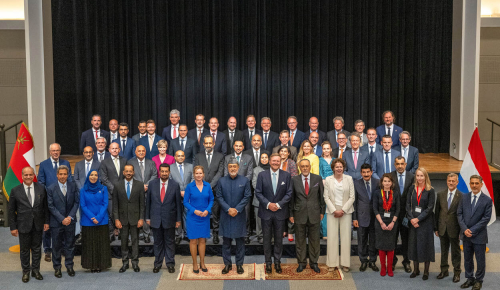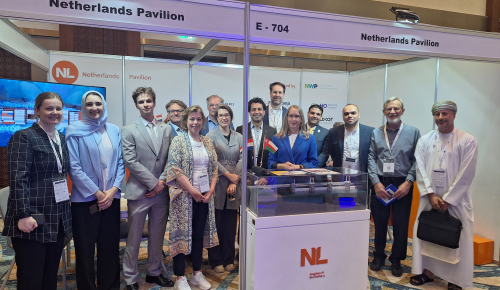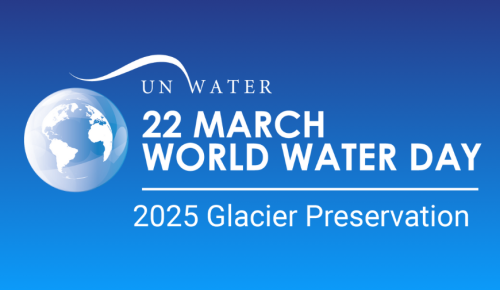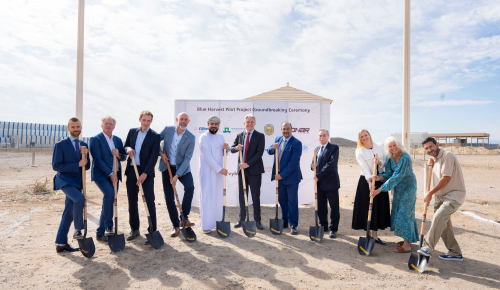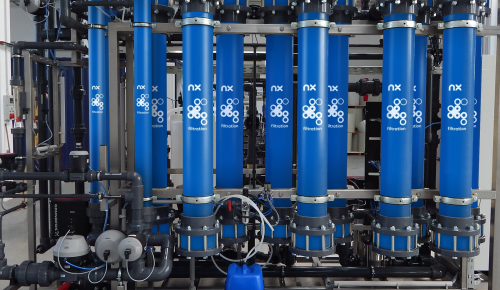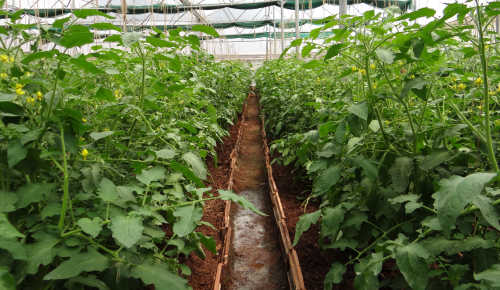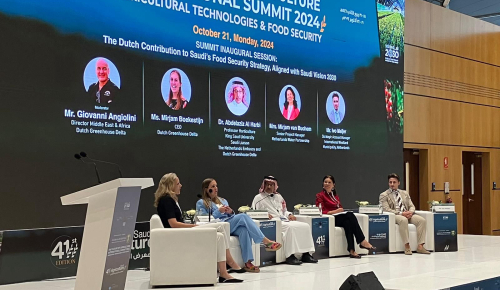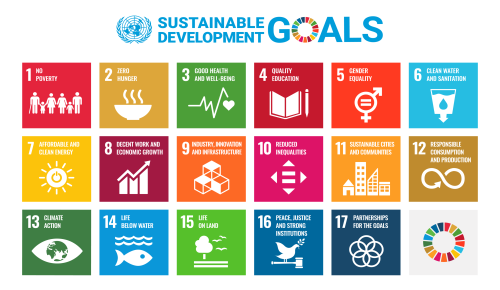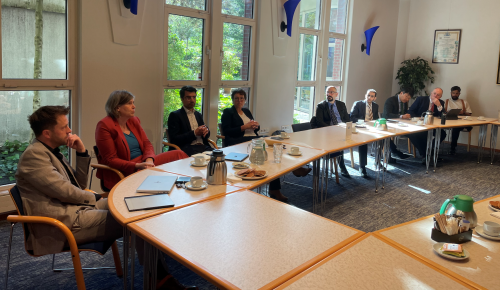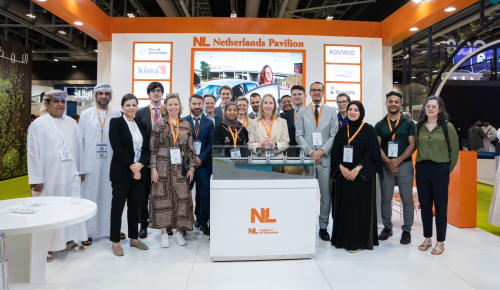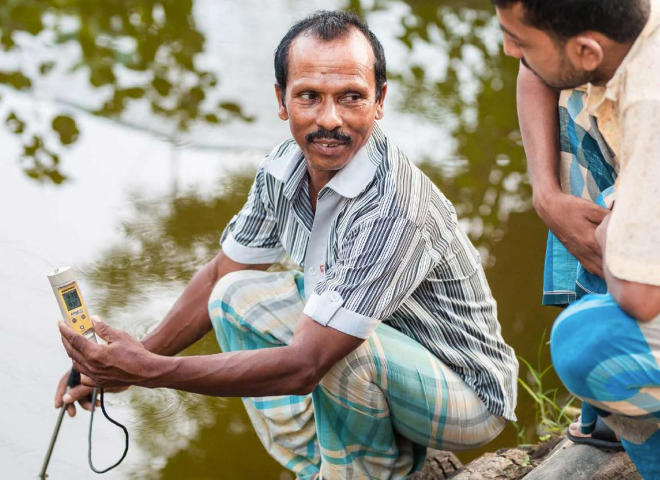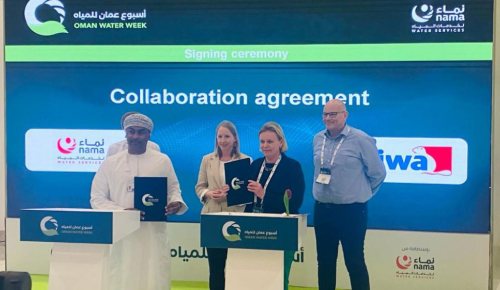Middle East
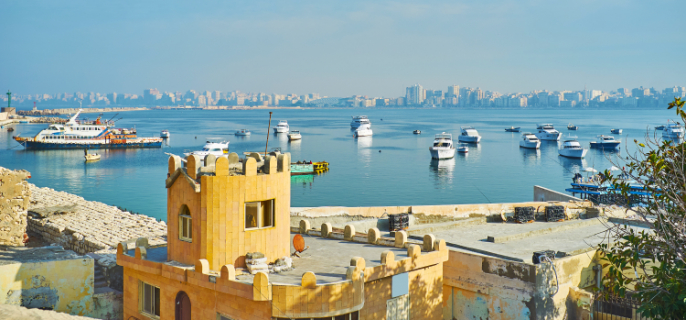

Opportunities for the sector
The Middle East offers many opportunities for business and reciprocal cooperation between the Dutch water sector and their Middle East counterparts. Countries with which the Netherlands is intensifying its water collaboration include Oman, Saudi Arabia, and the United Arab Emirates. The Middle East collaboration is also closely linked to our water cooperation with Egypt, which is supported by an MoU between the Netherlands and Egypt. In addition to the countries mentioned above, we see more and more opportunities for water cooperation in Iraq and Jordan.
The region is interested in a wide range of topics and solutions, depending on the context or country. To name a few: water efficiency, water for agriculture, geodata use, coastal zone management, water governance, wastewater management, IT and water management, and urban resilience solutions.
If you are a Dutch organisation working in one of these areas, or if you wish to expand your water-related network in the Middle East, feel free to contact us.
The same applies to organisations in the Middle East region itself. Our network of Dutch water organisations offers you access to some of the most innovative companies and renowned knowledge institutes.
Together we can drive our water ambitions into the future.
More within Middle East
NWP's regional approach
- Northern America
- Africa
- Middle East
- Latin America
- Europe
- Asia
